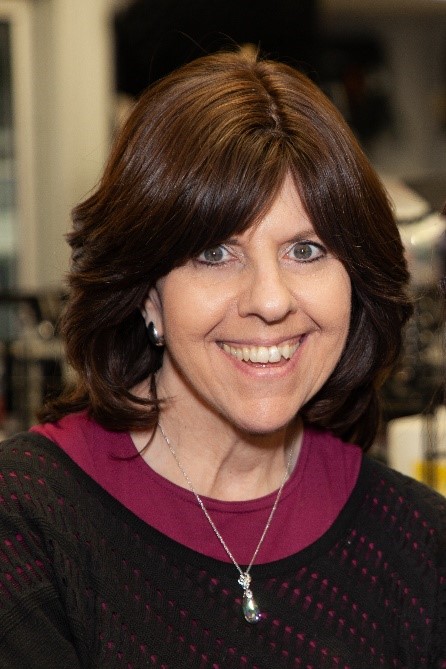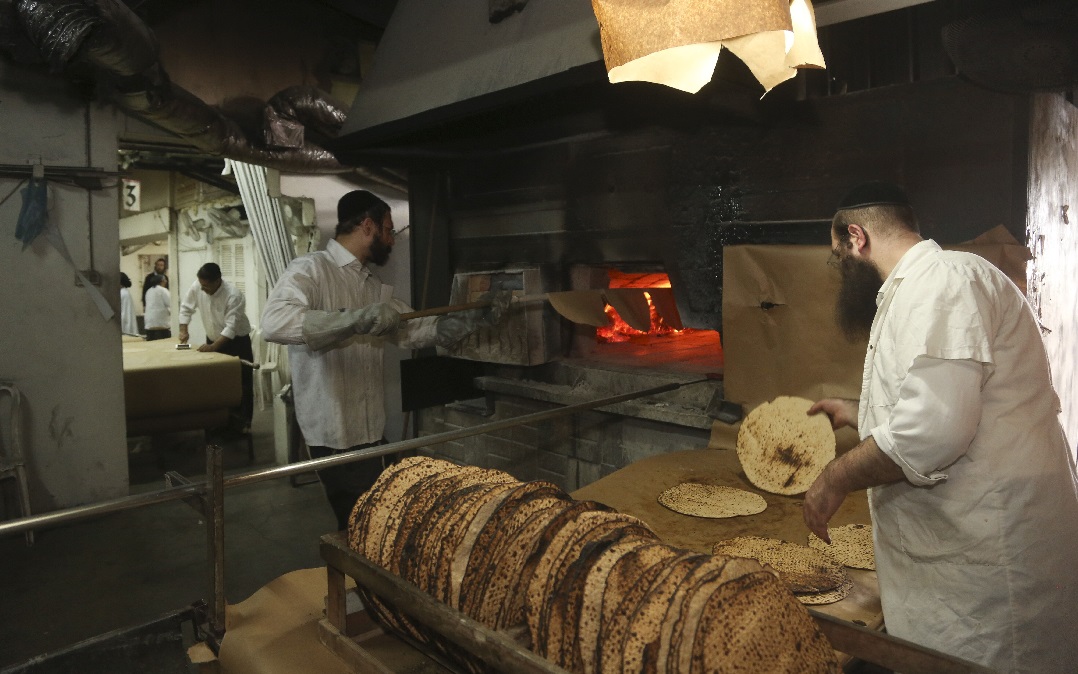Full Carts, Heavy Hearts

“We’re used to huge numbers of deliveries for Pesach; we were prepared for that. We have extra vans. Delivery is not the issue. The issue is getting all those orders together."

When corona panic initially hit the tristate area, frantic shoppers emptied the shelves of virtually every national supermarket chain. “Ours shelves were never empty,” says a manager at Evergreen Kosher Market, a kosher supermarket chain that services thousands of families through its two premier supermarkets located in Monsey and Lakewood. “We felt we had a personal responsibility to our customers to keep the shelves full.”
At Evergreen, the panic hit at possibly the worst time: the point where the store usually takes advantage of a slow shopping week and begins to stock the shelves with Pesach supplies.
Facing a new and unfamiliar dynamic, the management quickly set priorities. But as the circumstances keep changing, protocol needs to change as well. “We’re in ongoing meetings, day after day,” the Evergreen manager says, “trying to keep everybody safe and doing whatever we can and as fast as we can for the customers. It is very challenging. It’s an ongoing process, an ongoing discussion.”
The chief priority is safety. “Pesach is coming and we know people are going to have to come out and shop for it, but the question is how are we going to manage those people in a way that is safe for everybody.” New clothing is optional, new shoes are optional, but everyone needs food.
To ensure safety, Evergreen swiftly banned children under age 16, limited families to one member at a time, and enforced social distancing. They also installed plexiglass dividers at every checkout counter to protect both customers and cashiers.
Still, medical recommendations keep changing. “The information comes in fast,” the manager says. “No gloves, yes gloves; no masks, yes masks. So you’re trying to get as many gloves and as many masks as possible, just to protect your employees and to make them available for customers who’d like them. We had to pay exorbitant prices, but we made a corporate decision long ago that expense is not an issue.”
Evergreen also bought a sanitizing system for all shopping carts and has teams wiping down the store and the shelves every two hours.
Then there are those families that prefer not to enter the store at all, and do all their shopping online. Evergreen has a robust online shopping system and ap that’s usually extremely efficient. But the system is no match for corona. Not only are more people requesting online service, the volume of each delivery has increased astronomically.
The management reacted quickly and hired new workers to serve as “baggers,” but quickly realized that solving this online crush isn’t just a matter of money – it’s a matter of logistics. “Imagine you have thousands of orders to fill for Pesach,” they explain. “In order to fill the orders for all those families, you would have to hire hundreds and hundreds of new workers, all of whom need to be trained in the software, become familiar with 50,000 SKUs, understand perishable handling instructions, replacements and many other peculiarities of the job. We’re hiring and training as fast as we can but we can’t possibly keep up with the demand, even with the availability of seasonal employees such as yeshivah boys.
“We’re used to huge numbers of deliveries for Pesach; we were prepared for that. We have extra vans. Delivery is not the issue. The issue is getting all those orders together. People are now home all day, eating breakfast, lunch, and supper with their families – they need a lot of food. And when someone sends in a $1,000 order, it takes a worker two hours to shop and bag it. Plus everyone is very specific about what hashgachos they want on this kind of chicken and that kind of meat. And since people keep shopping at such high volume, the inventory on the shelves changes by the minute.”
For now, the store is managing the online demand by taking as many orders as it can reasonably fill, then closing the service, preparing all those orders, and then opening up the service once again. “We deliver many, many hundreds of orders every week, regularly, but now everybody wants to shop online and there is no way to fill that need.”
The management is confident that the stores will have enough food for all shoppers. “We’re well-stocked; we’re not worried about serious shortages of anything that’s critical. It’s just managing people’s expectations and trying to get people to understand that we’re really doing the best we can. It’s not a matter of us not wanting to spend money.”
In fact, the store is offering Purell at cost price. “A supplier tried to sell me a load of Purell at $7 a bottle and told me I could charge at least $14. We said we would never ever do that. He said, ‘I wish all my customers would say that!’”
In addition to ensuring safety and maximum efficiency, Evergreen has another concern. “We want to keep the mood up,” the manager says. “It’s an important thing. I have a customer who came in and mentioned that she shopped at Costco and everyone there was in a depressed, serious, sad mood. You come in here and there’s a Yom Tov mood – the Yom Tov music is still on, there’s still chicken and meat on the shelves, and people are shopping for Yom Tov.”
And above all, they try to keep their eye on the ball. “We just have to trust Hashem and know that Pesach is coming. We are going to set up a seder and eat whatever matzoh we will eat. We daven really hard that we are good shluchim for the community, while trying really hard to keep our employees and customers safe, happy, and healthy. I have employees that are coming to work every day, working through the night, stocking shelves. They are heroes – really heroes! What is coming in the next few weeks, I don’t know. But I do know that we’re committed to being here for the community, and though we’re all afraid of what every shopper is afraid of, we are doing the best we can.”
— Margie Pensak
Oops! We could not locate your form.











